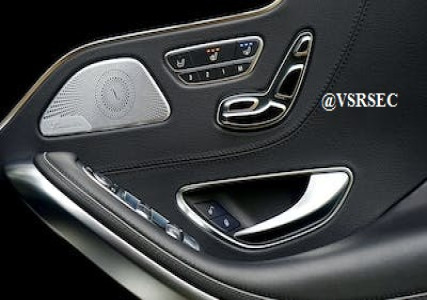Building Estimation including BBS and Surveying
Branch : CE






EV (Electric Vehicle) refers to a vehicle that is powered entirely or partially by electricity instead of conventional fossil fuels like petrol or diesel. It uses an electric motor and a rechargeable battery, offering lower emissions, reduced operating costs, and quieter operation. EVs include fully electric cars (BEVs), plug-in hybrids (PHEVs), and hybrid electric vehicles (HEVs), playing a key role in sustainable transportation and reducing environmental impact.


Understand the fundamentals of electric vehicles, including their architecture, components, and classifications.
Analyze the performance characteristics of electric vehicles such as powertrain efficiency, torque-speed characteristics, and range estimation.
Design and evaluate key subsystems of EVs including electric motors, power converters, battery packs, BMS (Battery Management System), and charging systems.
Select and size electric motors and batteries based on performance requirements and application types.
Develop system-level models and simulations of EV powertrains using tools such as MATLAB/Simulink or similar platforms.
Understand control strategies for EVs, including drive control, regenerative braking, and thermal management.
Evaluate various types of charging infrastructure (AC, DC, fast charging) and related power electronics.
Apply knowledge of standards, safety protocols, and regulations relevant to EV design and development.
Understand the integration of IoT, AI, and smart features in modern electric vehicle systems.
Conceive and develop a basic prototype or design concept of an electric vehicle or a subsystem.
0 Reviews
Review Course
For Review on Course. You need to Login first. Login Here